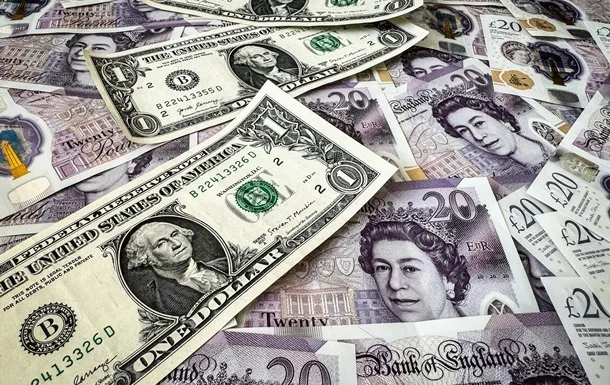The European Union has reached an agreement to impose a tax on Russian assets.
The European Union has made progress in implementing plans to introduce a tax on income from frozen assets of the Russian Federation. This was reported by Bloomberg with reference to sources on Tuesday, January 23.
 “The EU is moving forward with a plan to introduce a windfall tax on the frozen assets of the Russian Central Bank, without resorting to direct withdrawal of frozen funds,” the article says.
“The EU is moving forward with a plan to introduce a windfall tax on the frozen assets of the Russian Central Bank, without resorting to direct withdrawal of frozen funds,” the article says.
It is claimed that the EU foreign ministers agreed to introduce such a tax the day before. The issue will now be discussed by EU ambassadors later this week.
The agency points out that Ukraine’s allies generally agree that Russia should pay for the damage caused by its war. The EU, the G7 countries and Australia have frozen about 260 billion euros in assets of the Central Bank of Russia in the form of securities and cash, with more than two-thirds of this amount located in Europe. Most of the assets of the Russian Federation in the EU are in the Euroclear clearinghouse, where last year alone they brought in an income of 3 billion euros.
EU foreign affairs chief Josep Borrell told reporters that progress had been made on the windfall tax during a meeting of the bloc’s foreign ministers and that discussions would continue.
At the same time, a group of countries, including Germany, have made it clear that they oppose confiscation of Russian assets for legal reasons, sources told Bloomberg.
Earlier, the USA stated that a decision regarding the assets of the Russian Federation would not be made soon. It is about six or seven difficult steps on the way to a result in this process, noted the US special representative for the economic recovery of Ukraine, Penny Pritzker.
Russia has threatened that if Kyiv’s Western allies dare to do so, Moscow will resort to retaliatory measures.
Russia has estimated that the West could lose assets and investments worth at least $288 billion if it confiscates frozen Russian assets to help rebuild Ukraine. This is reported by the Russian publication RIA Novosti. Taking into account the fact that the amount of Russian funds frozen in the West is 300 billion dollars, we have a similar order of figures.
According to the latest data, the volume of direct investments of the EU, the “Big Seven”, Australia and Switzerland in the Russian economy by the end of 2022 amounted to 288 billion dollars. The EU accounts for 223.3 billion dollars. assets, of which 98.3 billion belong to Cyprus, 50.1 to the Netherlands, and 17.3 to Germany. The top five European investors in the Russian economy also include France ($16.6 billion) and Italy ($12.9 billion). The rest of the countries account for another 28.1 billion dollars.
Britain was the largest investor in the Russian economy among the G7 states — at the end of 2021, its assets in Russia reached approximately $18.9 billion. by the end of 2022, they had assets worth $9.6 billion, Japan — $4.6 billion, and Canada — $2.9 billion.
Moscow also threatened to take retaliatory measures.
“If someone confiscates something from us, we will see what we can confiscate in return. And if it is something, we will, of course, immediately do it. Therefore, these are steps that cannot fail to have serious consequences”, said the press secretary of the President of the Russian Federation Dmytro Peskov.
In turn, Deputy Head of the Russian Foreign Ministry Serhii Ryabkov said that if this idea were to be implemented, Moscow would not rule out mirror measures in response.
At the same time, Ukrainian experts believe that Moscow is bluffing.
Yes, Oleksandr Okhrymenko, president of the Ukrainian Analytical Center, considers the Kremlin’s threats to be bravado.
“The Kremlin cannot respond to the West’s confiscation of its assets. He can seize some uninteresting assets, but it will not be possible to sell them and, in general, few people need them,” the expert believes.
But the most important thing, in his opinion, is that it is not beneficial for Russia itself.
“If the Russians seize the assets, they will in fact block the sale of oil to Europe,” Okhrimenko is sure.

